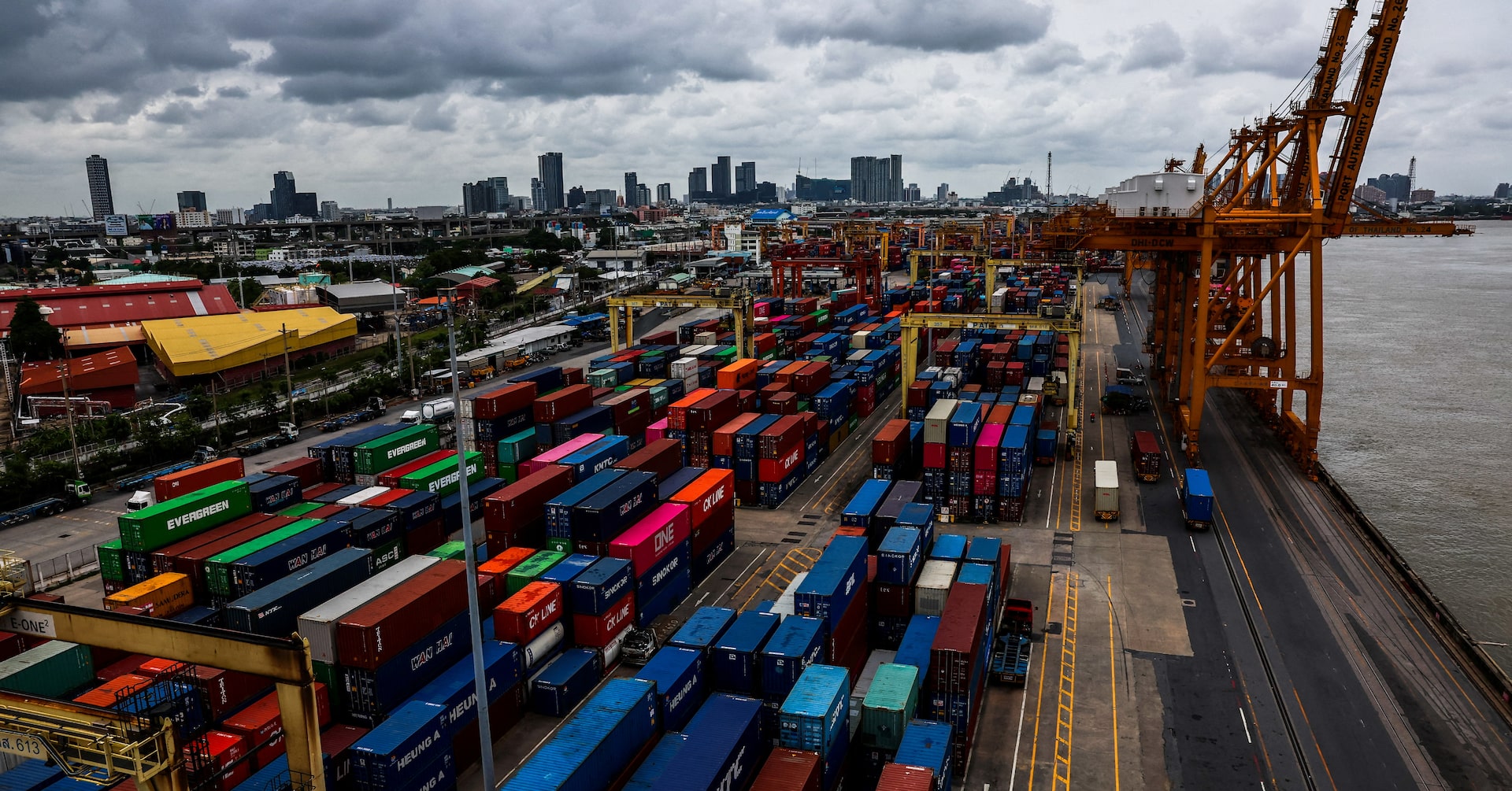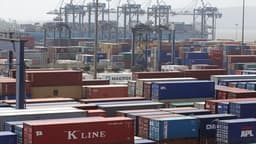Home / Business and Economy / ASEAN Economies Caught in Superpowers' Trade Tug-of-War
ASEAN Economies Caught in Superpowers' Trade Tug-of-War
11 Nov
Summary
- ASEAN exporters face pressure from U.S. tariffs and Chinese goods dominating domestic markets
- ASEAN services trade surplus with China reached $9 billion in 2023
- Surge in cheap Chinese imports raises concerns about deindustrialization in Indonesia and Thailand

As of November 11, 2025, Southeast Asian nations are navigating a complex trade landscape, facing pressure from both the United States and China. On one hand, ASEAN exporters are grappling with increasing U.S. tariffs and heightened scrutiny of transshipments of Chinese goods. On the other, their domestic markets are being increasingly dominated by Chinese products.
The region's services trade has also become heavily dependent on China, with ASEAN's $25 billion services trade surplus in 2023 including a $9 billion surplus with China alone. Some ASEAN economies, like Thailand, are hoping to expand this surplus as Chinese tourism returns to pre-pandemic levels.
However, the surge in cheap Chinese imports is creating competition with local manufacturers and has raised concerns about deindustrialization in countries like Indonesia and Thailand. This was a key factor behind recent intense political protests in Indonesia.
To address these twin challenges, ASEAN nations are adopting a multi-pronged strategy. They are imposing anti-dumping duties and strengthening customs and origin verification systems to address U.S. concerns over transshipments. At the same time, they are working to enhance their own manufacturing capabilities to promote trade diversification and reduce reliance on China-centric supply chains.
Ultimately, ASEAN economies find themselves caught between a rock and a hard place, needing to balance their relationships with the two superpowers without antagonizing either side. The path forward will require a delicate balancing act as they navigate this complex trade landscape.



